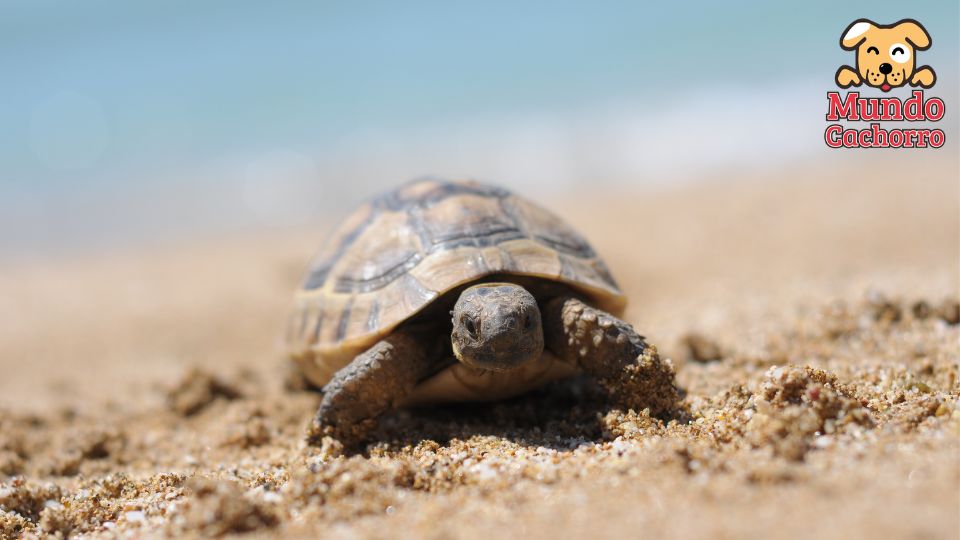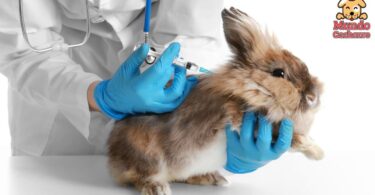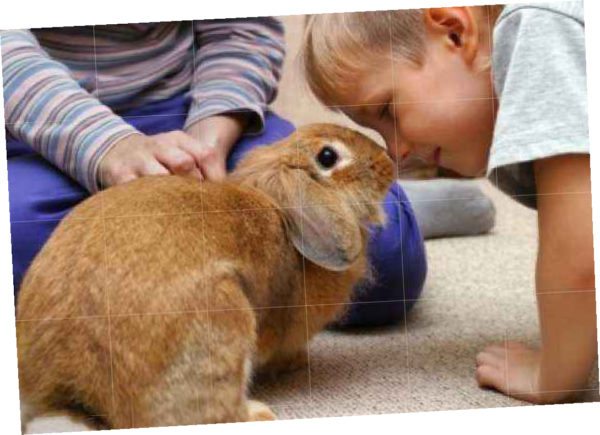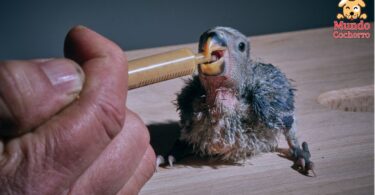Land tortoises are unique and fascinating creatures that can make excellent pets for the right person or family.
These reptiles have unique needs and require special care to thrive. 
Read on to learn about basic land tortoise care, from housing and feeding to handling and health care.
Indice
Creating a habitat for your tortoise
The first and most important step in caring for your tortoise is to create a suitable habitat.
Tortoises need a large, secure enclosure with plenty of room to roam and explore.
A secure lid or fence should be used to prevent your tortoise from escaping.
The floor of the enclosure should be lined with a substrate that is safe and comfortable for your tortoise.
Safe substrate options include high quality coconut fiber or bark, orchard grass or alfalfa pellets.
The enclosure should also include a hiding place or shelter for your tortoise to escape when stressed and a shallow drinking fountain.
Feeding your turtle
Land tortoises need a varied and nutritious diet to stay healthy.
A good starting point is to feed your tortoise a mix of leafy greens, such as collard greens, kale and romaine lettuce.
You can also offer occasional fruit treats, such as strawberries, apples and melons, as well as live insects, such as crickets, mealworms and waxworms, to meet their protein needs.
It is important to avoid feeding your tortoise processed or refined foods, as they can cause digestive and other health problems.
Be sure to offer plenty of water in a shallow dish and rinse fruits and vegetables well before feeding them to remove pesticides and other harmful chemicals.
5 behaviors of a turtle and what they mean
Land turtle management
Although it is tempting to handle and interact with your tortoise, it is important to be very cautious and respectful when doing so.
When handling your tortoise, be sure to wash your hands thoroughly with warm soapy water and wear gloves to avoid transmitting any bacteria or parasites that may be present in your tortoise’s environment.
Avoid lifting or carrying your turtle, and never pull on its legs, tail or other body parts.
Instead, gently and carefully lift and support its body and legs.
Be sure to supervise any interactions with other pets, as some dogs and cats may try to play with or nip your tortoise, which can lead to injury.
Health care for your terrestrial turtle
Regular veterinary care is essential to keep your tortoise healthy.
It is important to find a veterinarian who has experience with reptiles and can provide you with a complete physical examination, as well as advice and information on proper care for your tortoise.
Make a point of taking your tortoise for an examination and necessary vaccinations at least once a year.
It is also important to watch for any signs of illness or injury and to take your tortoise to the veterinarian as soon as possible if you notice any changes in its behavior or appearance.
How to make a balanced diet for a land tortoise
Keeping a pet tortoise as a pet can be a rewarding experience, but it is important to understand and meet its unique needs.
When creating a habitat for your tortoise, make sure the enclosure is safe and appropriate for your pet’s size and temperament.
Feed your tortoise a varied and balanced diet, and be careful when handling and interacting with it.
Be sure to take your tortoise for regular veterinary checkups and watch for any signs of illness or injury.
With proper care and attention, your tortoise can live a long and happy life.







